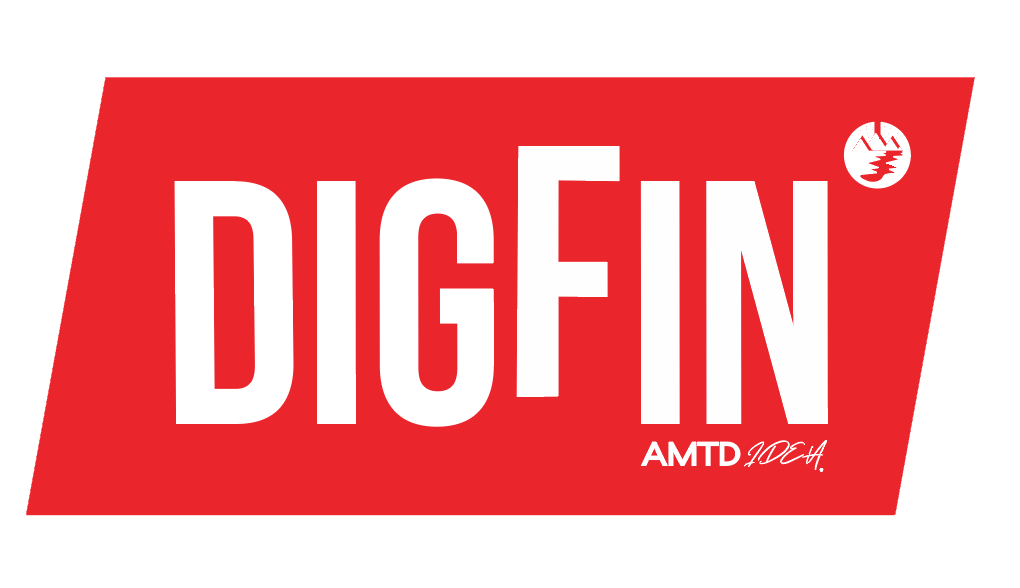Jehan Chu is founder and managing partner of Hong Kong-based Kenetic Capital, a new company that represents the institutionalization of his pioneering work as a personal investor into digital assets and blockchain companies.
Kenetic is in the process of raising assets from outside investors for the first time. Chu says he hopes to raise $240 million, with $100 million each for digital currency and tokens, respectively, and another $40 million for equity venture capital.
Kenetic hosted a blockchain-oriented conference on September 19, during which Chu served as emcee, and conducted a Q&A on stage. The following is adapted from his comments.
You’re considered a pioneer in Asia when it comes to being dedicated to investing in crypto-currencies. As the scene expands so rapidly, how do you keep up?
Jehan Chu: Anyone who has spent a significant amount of time in this industry – meaning more than two years – has experienced an overwhelming pace. I rely now on personal networks. I have too many emails to read them anymore.
How difficult is it to understand the underlying technology of the companies you invest in, or who issue tokens you buy? Can you confine yourself to the business model?
It can be hard to understand all the technical aspects. We work with outside parties to provide technical diligence. As an investor, you do need to know the insides of smart contracts, how decentralized technologies work.
Is it different than being a venture capitalist or a traditional portfolio manager?
On one level, I’m looking at the company’s team. I look at who else is investing in them. I think about the opportunity for their business. With experience, I’ve developed a sense of pattern recognition, which lets me go with my gut – you have to do that. And then there’s the technology itself, and we try to understand its viability and compare it to other technologies or business models. But no one can know it all because things are evolving so quickly, so you also need to be networked in order to make a judgment.
China has banned bitcoin exchanges and initial coin offerings. Other regional regulators are bringing crypto-currencies into their regimes. What does this mean as an investor?
Be diversified. That’s why invest in both tokens and in company equity. Equity will be important when the inevitable downturn in tokens hits. I think it also sends a message to our L.P.s, that we look at both. There are lots of new funds out there, but how many of them can bring an institutionalized approach, and be able to scale?
How does the investment landscape in Asia look now that China – the biggest source of mining and trading Bitcoin – has taken digital currencies and tokens off the map?
Korea is super exciting. The exchanges there will become more important.
With your VC side, you are also advising companies. How does that square with your role as an investor?
It’s simple. We advise companies that we want to invest in, and we do venture-style introductions and other means of supporting them. In return we want more tokens. We want these for the long term.
How do you decide whether to invest in a company’s equity or in its tokens?
Our equity investments are about infrastructure and platforms. We think about the ecosystem. Token sales offer a wider remit. We can invest in all kinds of businesses. And tokens are more liquid, and more flexible.
The first ICOs came from startups in the crypto-currency space. Now we’re seeing more generic internet companies issuing them. Is that a good thing?
I’m all for older companies issuing tokens if it makes sense for the business. It can be a way for more established companies to gain access to new functionalities as well as new investors.
What about established, non-tech companies? Do you see them issuing tokens in addition to tapping their traditional sources of funding – investment, loans, securities?
Yes. We haven’t seen it yet. But I predict a brick-and-mortar company will issue digital tokens next year. And once the first one happens, others will follow. That will lead to investors creating new funds. We are already seeing more VC funds establishing their own investments in crypto-currencies and tokens.
This year has seen a revolution in digital tokens. The market valuation in January was around $15 billion and now it’s almost ten times that amount. How do you put a value on these?
I think we need a new vocabulary. “Valuation” means the market capitalization of all outstanding tokens. It can swing 30% any given day, depending on how China wakes up. But that’s not the same as the value of equity in these companies. When it comes to ICOs, you’re really talking about the value of the network created by the issuance of a token.
We’re an early-stage investor, and no investor like that focuses on traditional metrics of value. There’s no failproof formula to value a seed-stage company. It’s a beg on the people, on the team.
Do you trade tokens on the secondary market?
Of course, and there, if we think a token is valued incorrectly, we’ll act. One company we invested in, Melonport, provides blockchain software for asset management. Their technology has a lot of potential, I think it’s an important project, and they have a strong team. In relative value terms, I’d say their tokens are cheap.
What do you hope to see in the token space in the next six months?
My wish is to see more innovation. There are plenty of great ideas out there, but not enough constructive development. We’ll see what survives.













